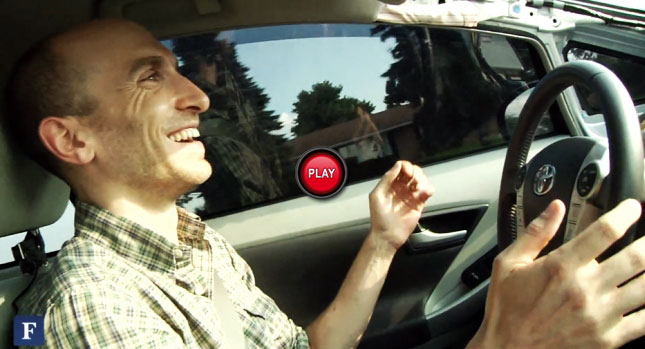There really is no need to present the worst-case scenario, when it comes to the hacking of modern cars, because everybody’s familiar with its implications. The more systems are controlled by software, the more vulnerable to “cyber attacks” the vehicle is.
For instance, simpler cars don’t have direct software control over the steering (i.e. if new systems like Lane Departure Warning or self-parking are not present, you should be in control of the direction in which the front wheels are pointed at all times).
However, as we move towards the seemingly inevitable transition towards self-driving cars, we’ll also be moving in the direction of full software control of all primary and secondary functions. This is not as beneficial as you may think, and while it may sound convenient, many believe it poses a huge potential risk, as whatever is controlled directly by a computer program can be easily messed with by somebody with the necessary know-how.
At this year’s Defcon hacker conference, now in its 21st edition, the first two hours had attendees very interested. Two security DARPA (Defense Advanced Research Projects Agency)-funded specialists took turns to speak on the matter, and explained their findings, as well as announcing that they will be sharing these findings with everybody, in the hopes that it will improve the safety of future cars, regardless if they are self-driving or not.
Still, it doesn’t seem too easy to take control of a car randomly, off the street, and their 2010 Toyota Prius test car had had its dashboard ripped out, and a lot of work put into it, so as to grant access to the 30-odd ECUs which controlled most of its functions – the reason why it was chosen in the first place.
Check out how it worked out for them, in the video, courtesy of Forbes, below.
By Andrei Nedelea
VIDEO







